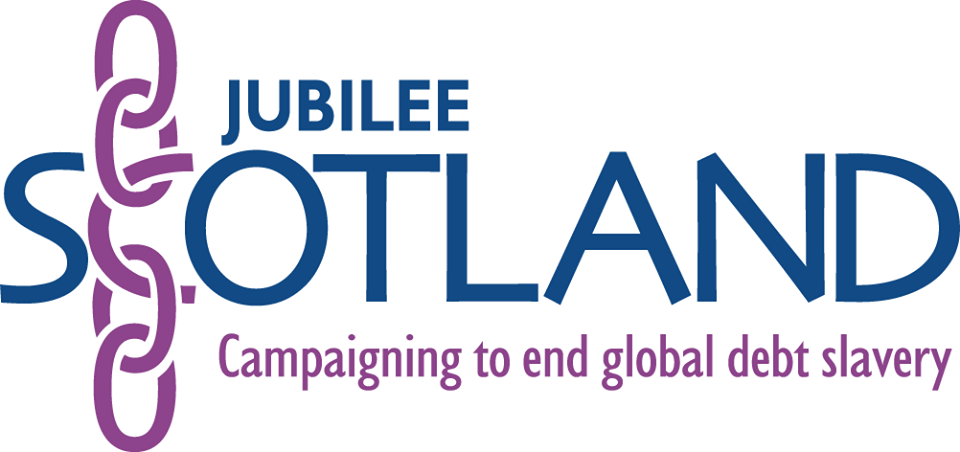Burundi’s recent past has involved an ongoing struggle. With a population nearly twice the size of Scotland and a country only 1/3 of the size, the country is densely populated with extremely high rates of poverty and food insecurity. Lesser known than the genocide in neighbouring Rwanda, Burundi has suffered greatly from civil conflict, influenced by rigid ethnic classification imposed during the colonial period. An estimated 300,000 Burundians were killed during the civil war that lasted over a decade.
With the third lowest Human Development Index rating in the world and a huge 67% of the population under the poverty line, the country is still repaying US$3.36 million annually in debt servicing to the rich world. Although the country completed the Heavily Indebted Poor Countries (HIPC) initiative in 2009 and had over US$1 billion of its huge debt burden cancelled it has remained at a consistently high risk of debt distress since cancellation.
Further information
Debt cancellation
Qualifying for HIPC debt relief in 2005, Burundi was the 28th country to complete HIPC four years later in 2009. Prior to this decision in 2004 Burundi paid over US$88 million in servicing debts to external lenders. The initiative led to the cancellation of around 90% of the countries external debts. The International Monetary Fund (IMF) stated that this would save the country up to US$50 million each year allowing increased spending on health, education, agriculture, water and infrastructure. However, because of the conditions attached, the programme also resulted in a shift to free market economic and trade policies. The results of the liberalisation have been less than convincing and Burundi remains extremely vulnerable to market fluctuations. Although cancellation was vital, the standards and policies shaped by the international institutions involved have left the country vulnerable to further distress.
Current Situation
Despite the recent debt cancellation theIMF classify Burundi as being at a high risk of debt distress. Debt continues to present problems for the struggling economy showing that initiatives such as HIPC are not always sufficient. To achieve debt sustainability, the IMF have stated the need for consistent growth of 5% each year and a substantial increase in exports, both of which they suggest will require a focus on private sector growth. The IMF insist that debt repayments and improving the “business environment” must be a priority.
The IMF recommendations must be considered within Burundi’s context. Economic and social development in Burundi was considered to be one of the highest in sub-Saharan Africa before civil war began in 1993. However, the conflict reversed many gains that had been made, resulting in Burundi being given one of the lowest Human Development Index ratings by the United Nations. Slowly, gains are being made, but the country continues to face large challenges, with over two thirds of the population below the poverty line. The positive “business environment” also led to a dramatic rise in food and fuel in 2011, creating a cost of living which pushed people further into poverty.
Burundi has had some benefits of debt cancellation but the focus on restructuring the economy for business has not brought benefits for the majority. With a risk of further debt distress, this calls into question the priority of such cancellation, and suggests that further changes must be made to shape a sustainable financial system.
Discussion points
- After HIPC, Burundi continues to face an unpayable debt burden. What does this suggest about HIPC?
- What steps would you suggest the country take in the future to avoid such unsustainable debt?
- With the range of social issues facing the country, including over two thirds of the population living under the poverty line, is the IMF right to prioritise debt sustainability? What would you prioritise?


